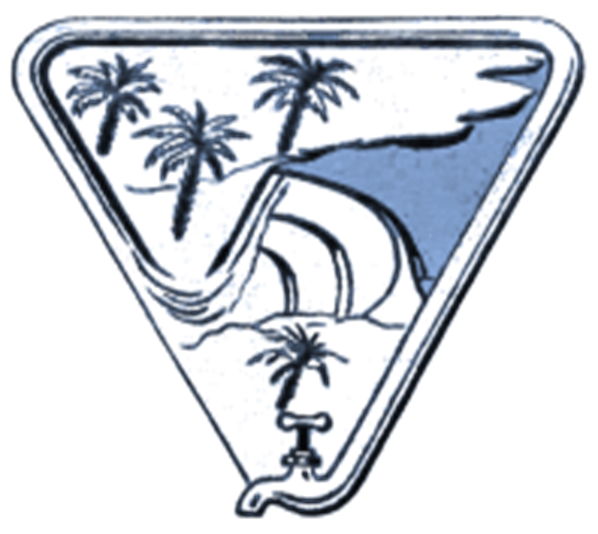Professional methods for fraud detection
This article is not intended to represent all the considerations that may be necessary during fraud detection exercise but will expand on areas that I think should be treated as a priority steps in order to identify fraud, help in fraud investigations and in reporting fraud.
Fraud encompasses an array of irregularities and illegal acts characterized by intentional deception. It can be perpetrated for the benefit of or to the detriment of the organisation and by persons outside as well as inside the organisation.
Fraud designed to benefit the organisation generally produces such benefit by exploiting an unfair or dishonest advantage that also may deceive an outside party. Perpetrators of such frauds usually accrue an indirect personal benefit. Examples of frauds designed to benefit the organisation include:
- Sale or assignment of fictitious or misrepresented assets.
- Tax fraud.
- Prohibited business activities, such as those that violate government statutes, rules, regulations, or contracts.
- Improper payments such as illegal political contributions, bribes, kickbacks, and payoffs to government officials, intermediaries of government officials, customers or suppliers.
- Intentional, improper representation or valuation of transactions, assets, liabilities or income.
- Intentional failure to record or disclose significant information to improve the financial picture of the organisation to outside parties.
Fraud can also be perpetrated to the detriment of the organisation generally as for the direct or indirect benefit of an employee, outside individual, or another organisation. Some examples are:
- Acceptance of bribes or kickbacks.
- Embezzlement by the misappropriation of money or property and falsification of financial records to cover up the act, thus making detection difficult.
- Intentional concealment or misrepresentation of events or data.
- Claims submitted for services or goods not actually provided to the organisation.
Fraud can be easily committed in institutions where the board is weak and in Sierra Leone there is desperate need for reforms or changes to the boards in order to reduce fraud and achieve performance in the public sector by applying private sector techniques. The public sector in Sierra Leone lacks proper decision processes that can identify problems and set implementation structures similar to the private sector.
In Sierra Leone where internal audit is weak, the board will rely upon methods that are ineffective in identifying waste and abuse because board members are focused on what that they can do instead of why it is done in the first place. In most cases internal and external audit activity are inconsistent and therefore unable to identify waste and abuse. In Sierra Leone we rely on accident in order to detect waste and fraud.
Public management is fulfilment of goals that are vital for the welfare of citizens, not the careful observation of procedures. We need effective corporate governance through transition from rule governance to goal governance manifested in budgetary procedures, policy formulation and strategy for innovation.
Rules may be handled by administrative personnel whereas Goals must be accomplished by professionals using professional expertise. The following are professional methods that can be used to ensure that there is better corporate governance.
Risk Management
The Board should be in a position to manage various kind of risk-not just those from possible fraud. The Board should be able to implement and test effectiveness of policies in order to prevent fraud, embezzlement and corruption that will lead to additional suffering to the public.
These Boards should be focussed on macro economic risks-such as regulatory changes, investment strategy, capital management, credit volatility-and micro economics risks such as contractors failing to implement projects, employee poor performance and internal and external theft. The Board should be thinking in a business like mind and should be able to identify and evaluate risks, they can decide on how to address those risks-mitigate such risks by changing the procedures, transferring risk to a third party through insurance or even abandon certain projects. The Board should therefore be divided into different committee and be assigned specific responsibility for risk management effort.
Performance management
The Board must be in a position to measure performance of their department and this should be discussed at each board meeting and each committee should report on how they are managing risk. The Board should be competent to redesign their policies if they are too complex.
Performance indicators should be set when developing Board responsibilities that will help deter fraud, the board should be in a position to understand their financial statements which includes bank reconciliation and they should be effective in monitoring performance, here are few business indicators that should be given to each respective board and should be used to interpret performance
- Turnover or tax collected.
- Customer satisfaction.
- Positive projects.
- Significant inconstancies between income and cash flows from operations.
- Staff feedback.
The Board should be in a position to challenge management’s explanations for any significant variances and verify management assertions with third party sources. For example, if senior management explains an increase in cost as a result of increase in pricing board directors can have a conversation with the Procurement Manager to verify that explanation. An effective board when reviewing transactions will identify red flags and wasteful spending. The Board should ensure that expenses are tied to budget.
Corruption detection and prevention
Corruption and fraudulent activities is the cause of our poverty status and it is too expensive to ignore and only good Corporate Governance, hard work and corruption detection and prevention, whistle blowers, surprise audits, ethics training, segregation of duties and policy support programme will help reduce the effects.
By Dylan Sogie-Thomas
Stay with Sierra Express Media, for your trusted place in news!
© 2010, https:. All rights reserved.






